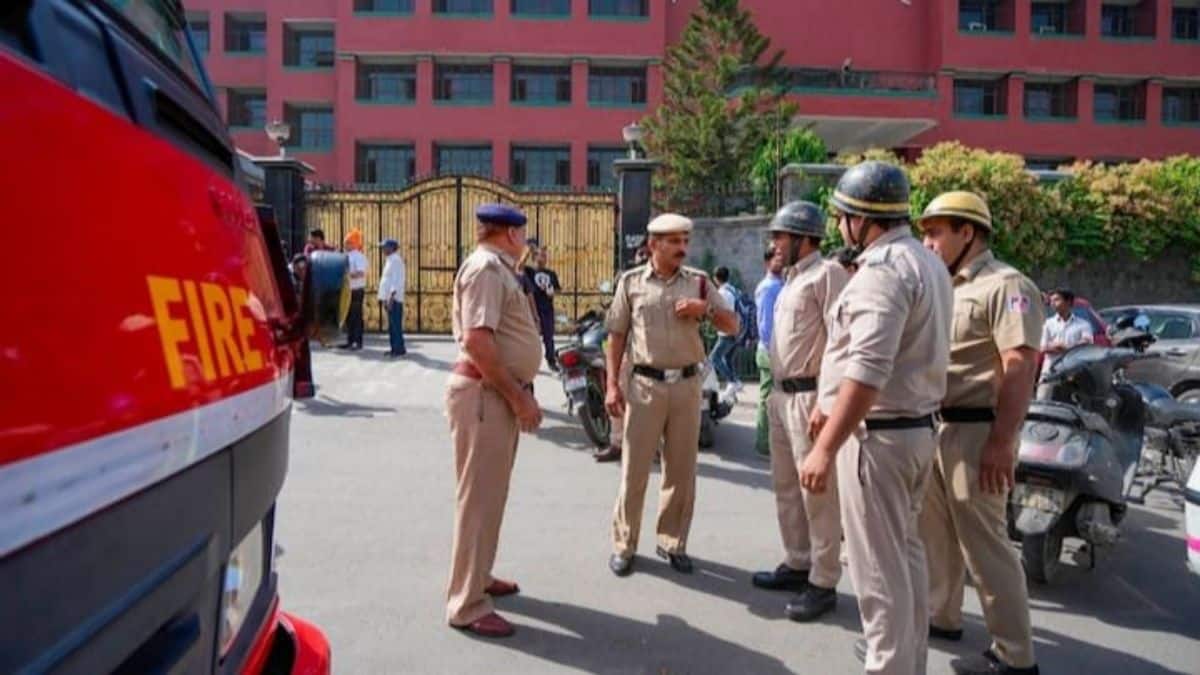In a development following the unprecedented bomb threat emails received by over 200 schools in Delhi-NCR on Wednesday, the Delhi Police have approached the Russian mailing service company Mail.ru through Interpol channels to trace the exact source of the hoax emails.
According to official sources, the police have also written to the Central Bureau of Investigation (CBI) seeking information through Interpol about the threat emails, which triggered widespread panic among parents and students, leading to the suspension of classes across the national capital region.
The FIR registered in connection with the case states that the intention behind the bomb hoax emails was to create mass panic and disturb public order in Delhi. It was registered against unknown persons under relevant sections of the Indian Penal Code.
Police sources revealed that investigators have utilized their social media intelligence teams to examine the email ID ‘sawariim@mail.ru’ and have approached the Russian company to trace the IP (internet protocol) address of the device from which the email was sent. A senior police officer has confirmed this development.
Investigators suspect that the sender may have used a VPN (virtual private network) to conceal their identity while sending the email. The police have also discovered that a school in South Delhi had received a similar hoax threat email in 2023, where the sender had used the same mail.ru service, but their identity remains untraced.
Despite the challenges, the Delhi Police has written to the Russian company via Interpol, seeking assistance in accessing the sender’s details. However, according to a cyber security expert, tracking the IP address and sender’s information could become difficult if they have used a VPN or proxy server to send the email.
While many schools in Delhi-NCR reopened on Thursday, attendance took a hit even in schools where no threat was received. The schools plan to issue fresh advisories to parents, assuring them of the administration’s adherence to guidelines for handling bomb threats and encouraging them to send their children to classes.
The Delhi Police has also sought the CBI’s assistance through Interpol channels, as the CBI is the designated National Central Bureau of India for Interpol communication and coordination. The investigators are also collaborating with agencies like the Intelligence Fusion and Strategic Operations (IFSO) and the Indian Cybercrime Coordination Centre (I4C) to crack the case.

